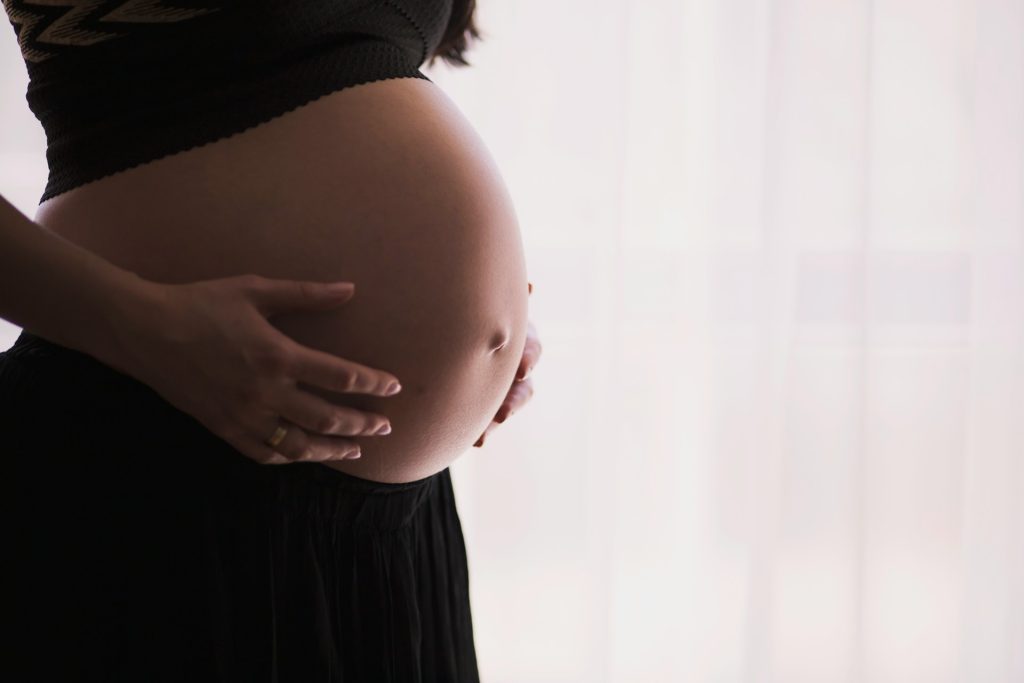Venous thromboembolism (VTE) remains one of the leading causes of maternal morbidity and mortality, particularly in the postpartum period. In their comprehensive review, Venous Thromboembolism in Pregnancy: Challenges and Solutions, Varrias et al. (2023) highlight the multifaceted risk factors and management complexities of VTE in pregnancy, emphasizing the convergence of Virchow’s triad hypercoagulability, venous stasis, and endothelial injury as a physiological hallmark of gestation.
The paper underscores that pregnancy-specific factors such as advanced maternal age, obesity, cesarean section, and thrombophilias, both inherited and acquired (e.g., antiphospholipid syndrome), substantially increase VTE risk. Diagnosis is particularly challenging, given that symptoms like dyspnea and leg swelling overlap with normal pregnancy physiology, and diagnostic tools such as D-dimer levels and imaging modalities require careful consideration to minimize fetal harm.
Low molecular weight heparins (LMWH) are the treatment of choice due to their safety and efficacy profiles. However, advanced therapies such as thrombolysis, thrombectomy, and ECMO are reserved for life-threatening scenarios like massive pulmonary embolism. Varrias et al. advocate for a multidisciplinary approach involving obstetricians, hematologists, and radiologists to tailor management to individual cases, particularly in high-risk populations.
Ultimately, this review calls for increased awareness, improved diagnostic algorithms, and evidence-based risk stratification to reduce VTE-related maternal deaths. It also highlights research gaps, especially in safe imaging protocols and long-term outcomes, calling for future studies to inform clinical guidelines for this vulnerable population.
Reference
- Varrias, D., Spanos, M., Kokkinidis, D.G., Zoumpourlis, P., & Kalaitzopoulos, D.R. (2023). Venous Thromboembolism in Pregnancy: Challenges and Solutions. Vascular Health and Risk Management, 19, 515–540. https://doi.org/10.2147/VHRM.S390648
Serra Húnter Fellow of Sociology at Universitat Rovira i Virgili.
Former DAAD-Gastprofessorin at Julius-Maximilians-Universität Würzburg


